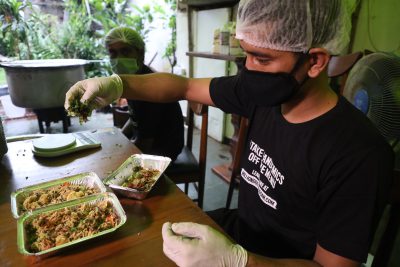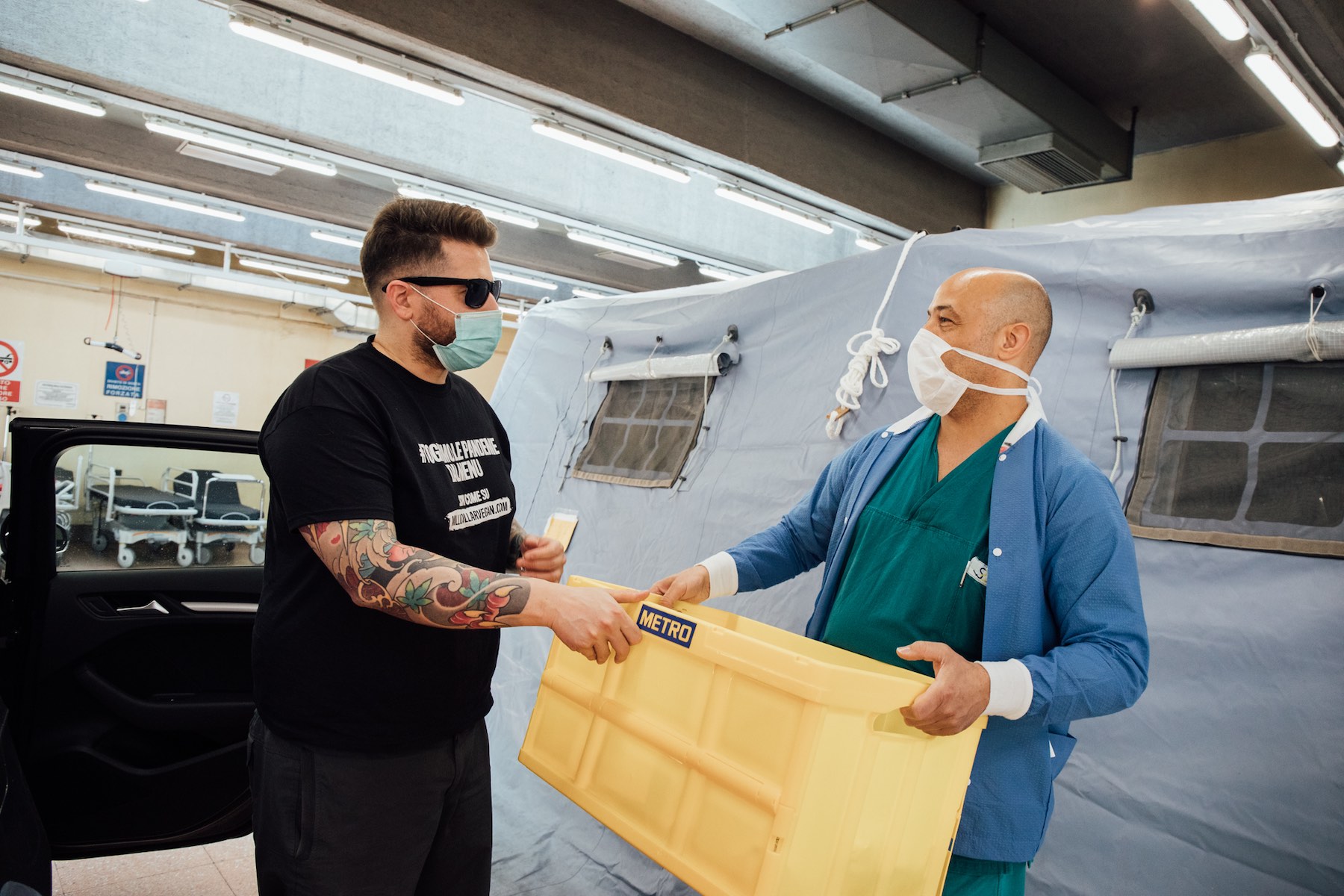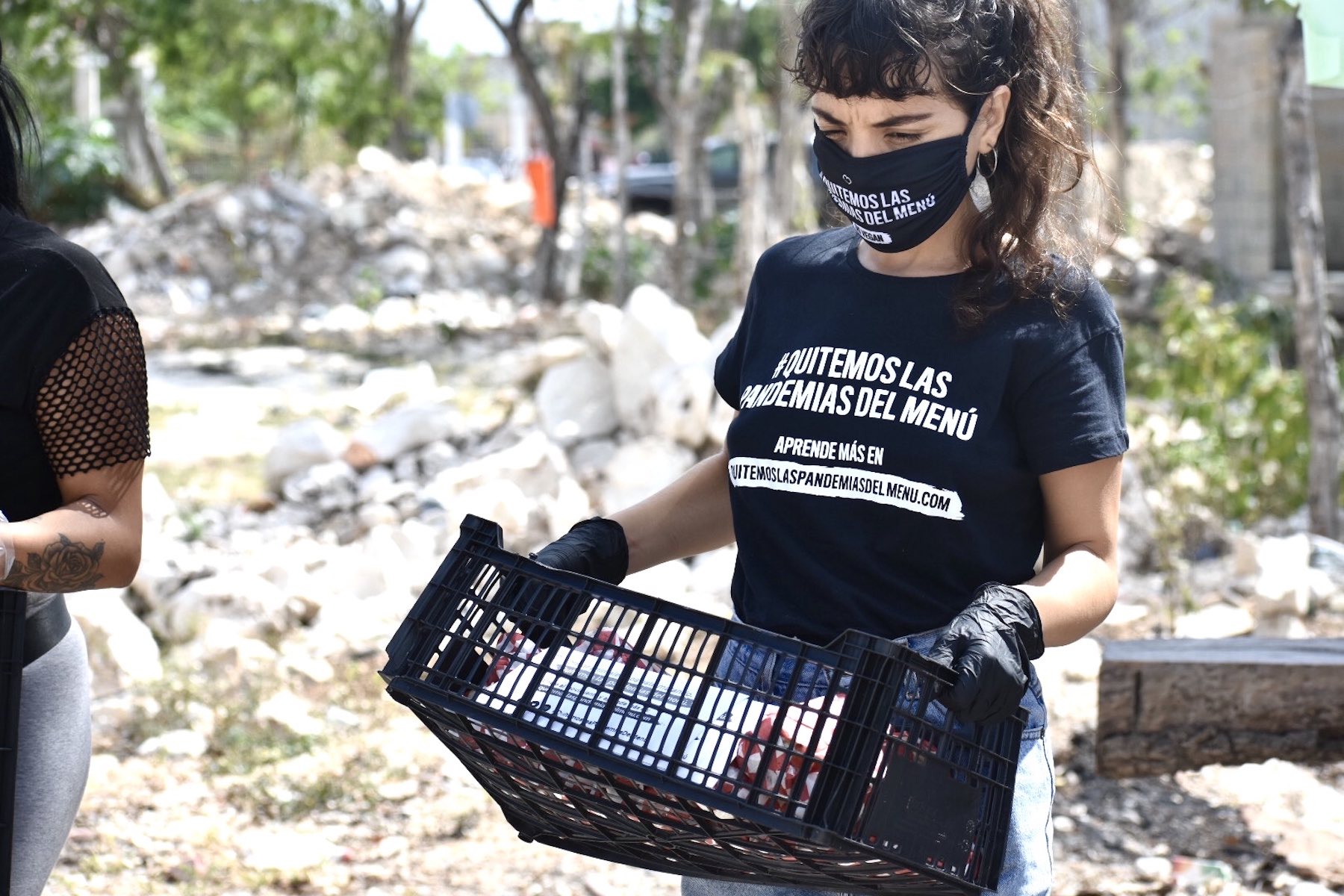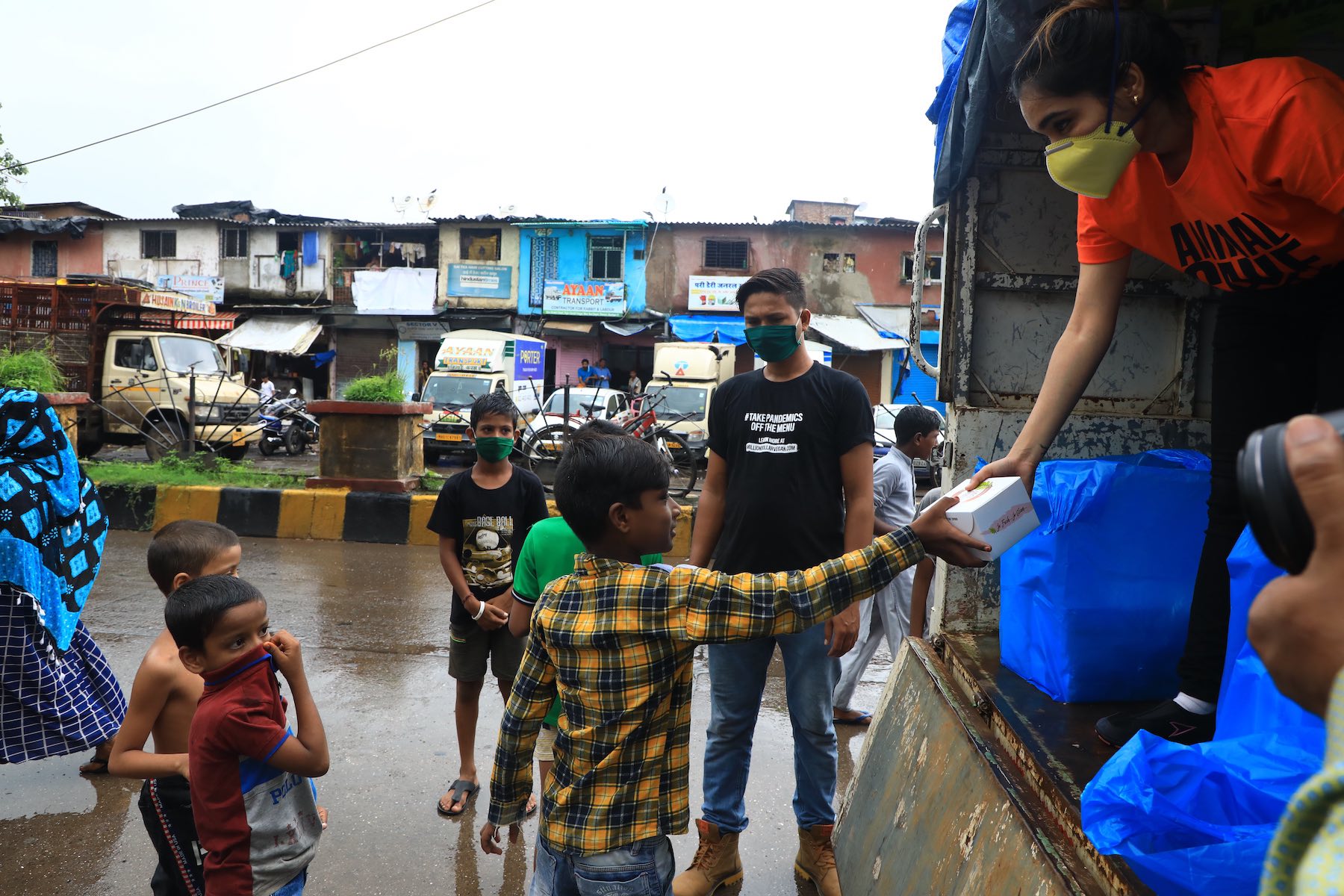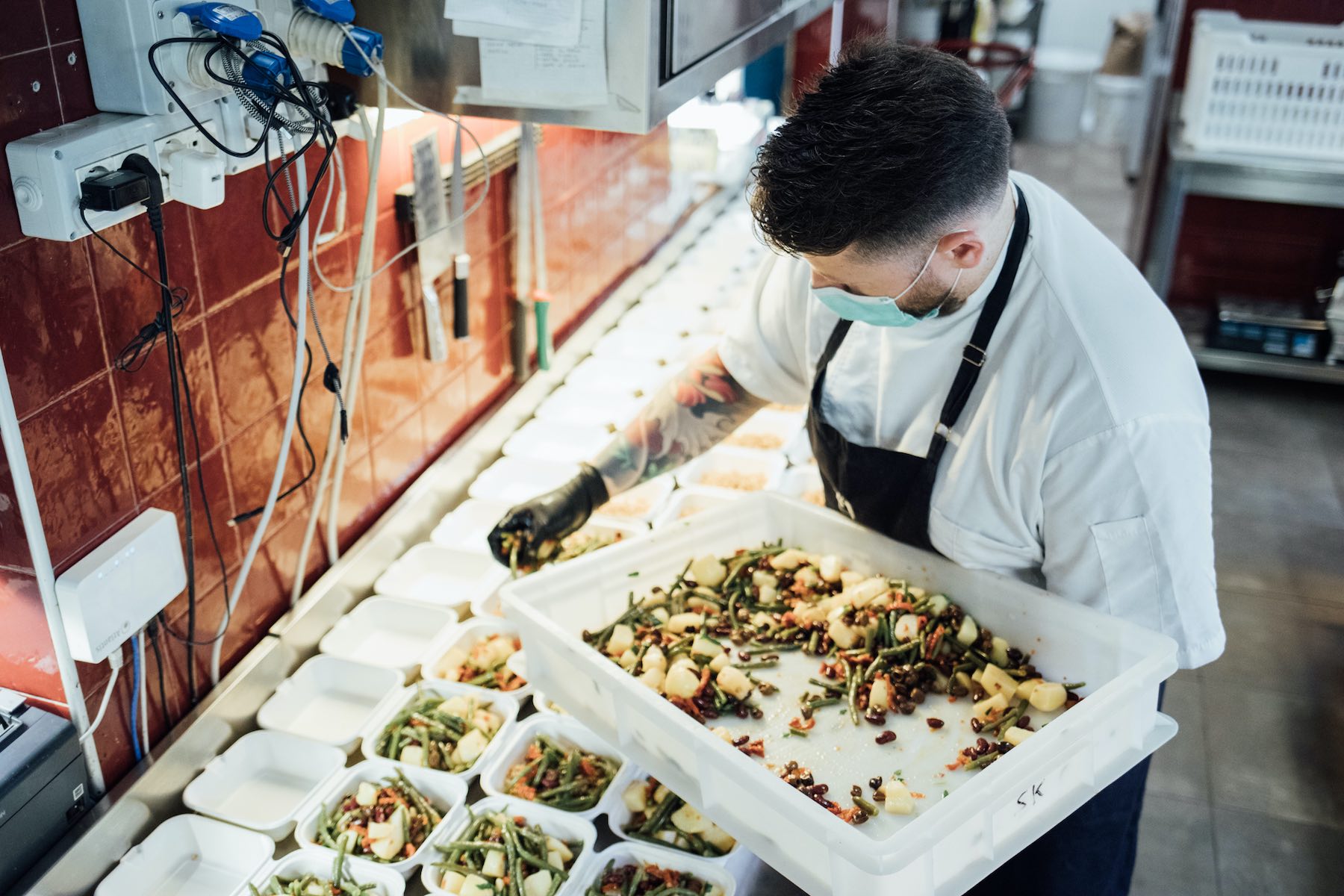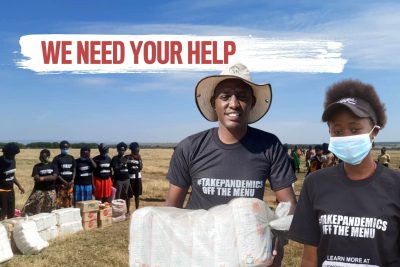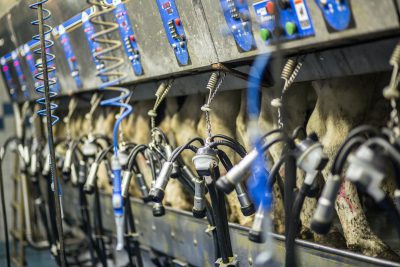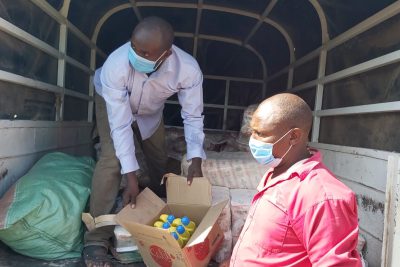In a world without Covid-19, we would be planning our next $1 million challenge right now, choosing a well-known name with an interest in health, the environment, food justice or animals, and challenging them to try vegan in exchange for a $1m charitable donation. Back in February 2019, we challenged Pope Francis to Fight Climate Change with Diet Change, and in December, we urged the President of the United States to help us Make America Healthy Again. We fully expected to be launching another million-dollar challenge this year.
But with people’s lives and livelihoods in danger all over the world, our plans changed. We simply could not let the most vulnerable struggle while we were in a position to help. And so we paused our plans and started preparing for four weeks of food give-aways by partnering with local restaurants, chefs, charities and distributors in ten countries around the world, to make sure our aid got to those most in need.
In those first few weeks, we gave:
- 700 meals to homeless veterans in Los Angeles, with the support of actress Alicia Silverstone
- 5,500 meals to the homeless and those living in favelas in São Paulo, supported by actress Luisa Mell
- 12,500 meals to vulnerable and underserved communities in six cities across Mexico
- 30,000 meals to underprivileged communities in Buenos Aires
- 1,200 meals to frontline caregivers, homeless people and refugees in Paris
- 700 meals to hospitals and care homes, plus another 150 meals given out on the streets of Madrid
- 3,800 meals to communities in need in London
- 1,000 meals to frontline healthcare workers and vulnerable families in Lombardy, Italy
- 38,000 meals to families in need and migrant workers in Pune, India
- 43,330 meals to families in need and orphanages in Addis Ababa, Ethiopia
In all, we distributed 136,880 plant-based meals.
The Pandemic Didn’t Go Away, So We Didn’t Either
We were present at most of the give-aways and could see first-hand the difference our actions made. We had taken wholesome, nutrient-packed, plant-based meals to those most in need, and at the same time we had taken the message out into the wider world that three-quarters of emerging infectious diseases stem from our treatment of animals – both farmed and wild – and our reckless trashing of the natural environment. We encouraged people to see that, in terms of what we eat, what is good for our health is also good for the planet, animals, sustainability, food equity, global health and the future for us all.
We had done all we could in those four weeks and yet it didn’t feel right ending our food aid program when the virus was still leaving whole communities without hope. We decided to continue channeling our funds to those who needed support.
- In July, we took 4,000 meals to families living in the Dharavi slums in Mumbai, with the support of actress Rakul Preet, and another 520 meals to families in need in Pune.
- And then we gave away 1,000 hampers (which included masks, water and soap) to a women’s shelter in Kamathipura, Mumbai, with the support of film star Mallika Sherawat.
- In August, we came to hear of the vulnerability of the Maasai Mara communities in Kenya, as tourism left many without any income at all. We teamed up with community leader Jack Lekishon to distribute 50,000 meals – along with water, hygiene products and masks – among the Maasai villages.
- And then came news of the Beirut explosion. We immediately pledged 2,000 meals to help support displaced and homeless families there.
One Million Meals
To date, we have provided or pledged 198,300 meals and it is our aim to do much, much more. In fact, we are now on a mission to donate one million meals to those in need by 2022.
Already, we have many more projects and collaborations in the pipeline, including 3,900 meals pledged to underserved communities in California, Philadelphia and Massachusetts. And with World Amazon Day approaching (Sept 5th), we will be providing delicious, nutritious meals to communities in Amazonia who are most affected by the decimation of that vital, irreplaceable rainforest.
We will do all we can to support those in need through food relief, and we will continue to speak loudly to the rest of the world about how they can help prevent another pandemic (as well as reduce their own risks of heart disease, diabetes, Alzheimer’s, some cancers, and premature death, while at the same time reducing climate change, deforestation, pollution and species loss) simple by changing what we eat.
This pandemic has shown so very clearly that we are all connected, and that caring for ourselves and one another means we must also take care of our planet and its non-human inhabitants. We can do all this by switching to a plant-based diet.
Anyone wishing to learn more about trying vegan for one month can sign up to receive our Vegan Starter Kit, our Health & Nutrition Guide and some of our favorite healthy plant-based recipes here.
